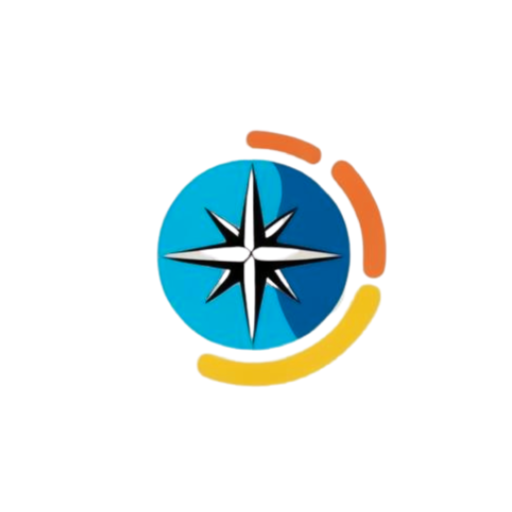Historical Timeline
1889 (May 2, Wednesday): British South Africa Company begins formal colonization of Zambia, known as Northern Rhodesia
1924 (April 1, Tuesday): British government takes direct control over Northern Rhodesia
1953 (December 31, Thursday): Creation of the Federation of Rhodesia and Nyasaland, which includes Northern Rhodesia
1964 (October 24, Saturday): Zambia gains independence from the United Kingdom
1972 (December 31, Sunday): Kenneth Kaunda becomes the first president of Zambia, establishing a one-party state
1991 (October 31, Thursday): Multi-party democracy introduced after the collapse of Kaunda’s government
2000 (January 5, Wednesday): Zambia suffers from severe drought, leading to food insecurity
2006 (October 25, Wednesday): Economic growth begins as copper prices rise significantly
2011 (September 20, Tuesday): President Rupiah Banda is defeated by Michael Sata in the presidential election
2015 (March 29, Sunday): Severe drought impacts Zambia’s agricultural output, particularly maize crops
2018 (April 11, Wednesday): Flash floods in Lusaka displace hundreds of people and damage infrastructure
2021 (August 12, Thursday): Hakainde Hichilema wins the presidential election, becoming the new president of Zambia
General Information
Continent: Africa
Location: Southern Africa, landlocked, bordered by eight countries: Tanzania, Malawi, Mozambique, Zimbabwe, Botswana, Namibia, Angola, and the Democratic Republic of the Congo
Capital: Lusaka
Language: English (official), with over 70 local languages including Bemba, Nyanja, and Tonga
Currency: Zambian kwacha (ZMW)
Population: ~19 million (last updated: April 2025)
Time Zone: Central Africa Time (CAT)
Topography
Borders: Tanzania, Malawi, Mozambique, Zimbabwe, Botswana, Namibia, Angola, Democratic Republic of the Congo
Landscape: Plateaus, valleys, rivers, and dense forests
Major Rivers: Zambezi River, Luangwa River, Kafue River
Major Mountains: Muchinga Mountains, Zomba Plateau, Mafinga Hills
Deserts: Kalahari Desert (southern region)
Lakes: Lake Tanganyika, Lake Kariba, Lake Bangweulu
Volcanoes: No active volcanoes, but there are volcanic rock formations
Highest Point: Mafinga Hills (2,339 m / 7,674 ft)
Lowest Point: Zambezi River (329 m / 1,080 ft)
Climate: Tropical climate with distinct wet and dry seasons; cooler temperatures in the highlands, hot temperatures in the lowlands
Geological Features: Zambia is rich in copper deposits, with significant mining areas in the Copperbelt region; it also has significant limestone, marble, and other mineral deposits
Demography
Ethnic Groups: Predominantly Bantu-speaking ethnic groups, including Bemba, Nyanja, Tonga, and Lozi
Religion: Predominantly Christian (approx. 95%)
Urban Population: ~43% (last updated: 2023)
Aging Population: ~5.5% aged 65+ (last updated: 2024)
Culture
Famous For: Copper mining, wildlife, cultural diversity, music, and dance
Cuisine: Nshima (maize porridge), relish (vegetables or meats), beans, fish, and maize-based dishes
Arts: Traditional music (Kalindula), dance, beadwork, and wood carvings
Sports: Football (soccer), athletics, rugby
Popular Festivals: The Kuomboka Festival (Lozi people), the Nyaminyami Festival, and the Zambian International Film and Music Festival
Notable Cultural Site: The Victoria Falls (shared with Zimbabwe), a UNESCO World Heritage site
Economy
Economy Type: Lower-middle-income economy, dependent on copper exports
GDP: Approx. $24 billion USD (last updated: 2024)
Major Industries: Mining (especially copper), agriculture (maize, tobacco, cotton), tourism, manufacturing
Key Exports: Copper, cobalt, tobacco, gemstones
Unemployment Rate: ~12% (last updated: 2024)
Economic Regions: Copperbelt region (mining), Southern, Eastern, and Western provinces (agriculture)
Government
Government Type: Republic, multi-party democracy
Head of State: President Hakainde Hichilema (as of April 2025)
Head of Government: President Hakainde Hichilema (as of April 2025)
Legislature: Bicameral (National Assembly and the Senate)
Constitution: In effect since 1991, with amendments
Political Parties: United Party for National Development (UPND), Patriotic Front (PF), Movement for Multi-Party Democracy (MMD)
Recent Political Development: In 2021, President Hakainde Hichilema won a major election victory, defeating incumbent President Edgar Lungu
Travel Attractions
Victoria Falls: One of the Seven Natural Wonders of the World, located on the Zambezi River
South Luangwa National Park: Famous for wildlife safaris and bird watching
Kafue National Park: One of the largest national parks in Africa, home to diverse wildlife
Lake Tanganyika: A scenic freshwater lake and popular for boat tours and fishing
Lusaka: The capital city, offering cultural experiences, shopping, and dining
